According to Becker’s Healthcare, C-suites across the United States are highly focused on improving patient access to care in 2025.
How Health Systems Can Instantly Enhance Access to Care
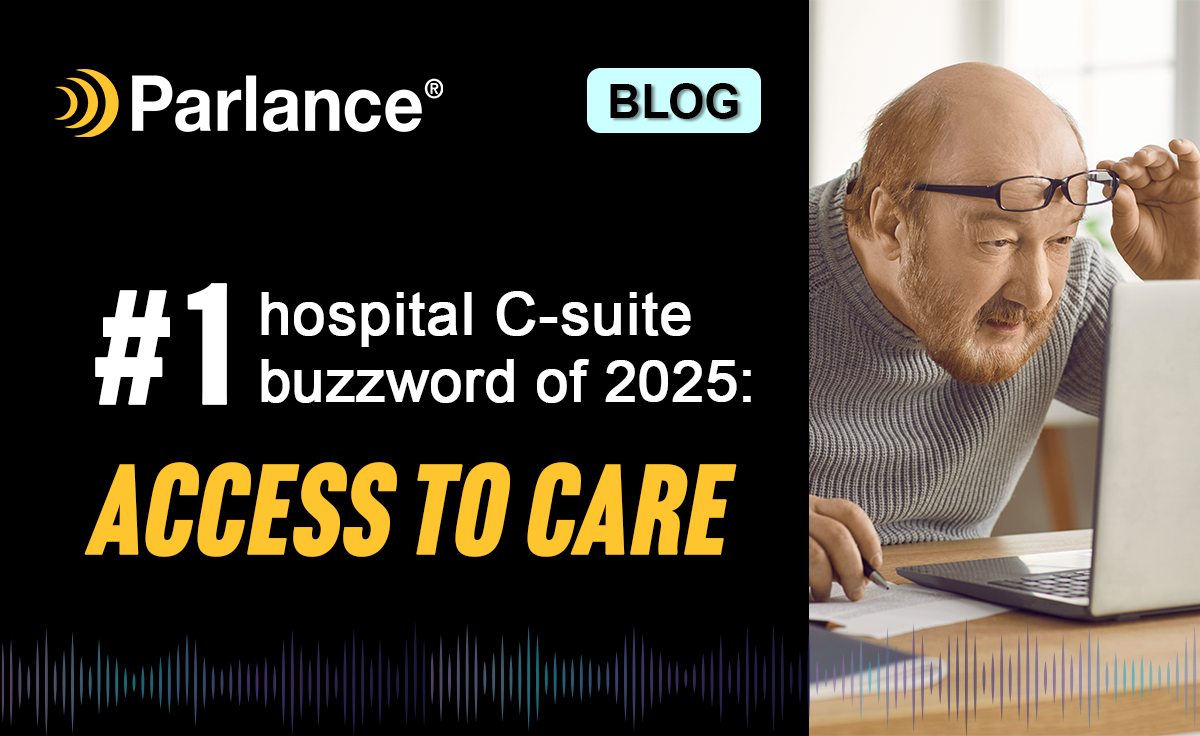

According to Becker’s Healthcare, C-suites across the United States are highly focused on improving patient access to care in 2025.
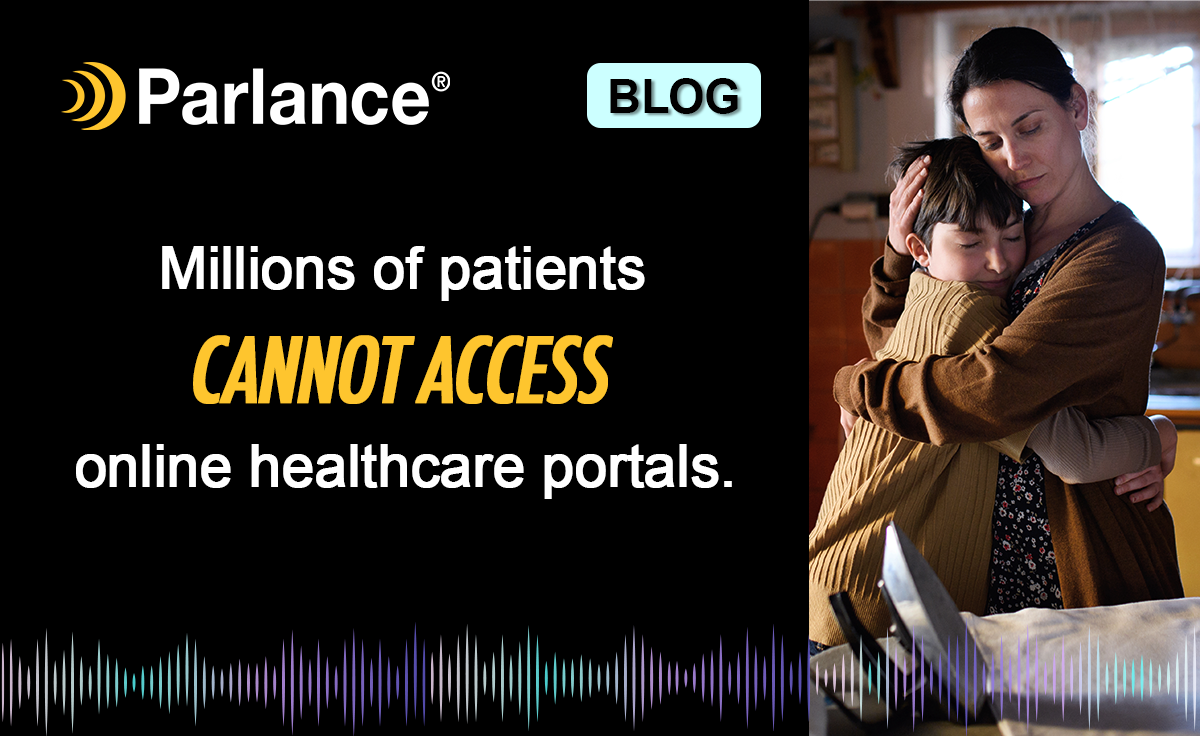
Given the diverse backgrounds, circumstances, and abilities of patients, digital transformation efforts result in inequitable access to care.
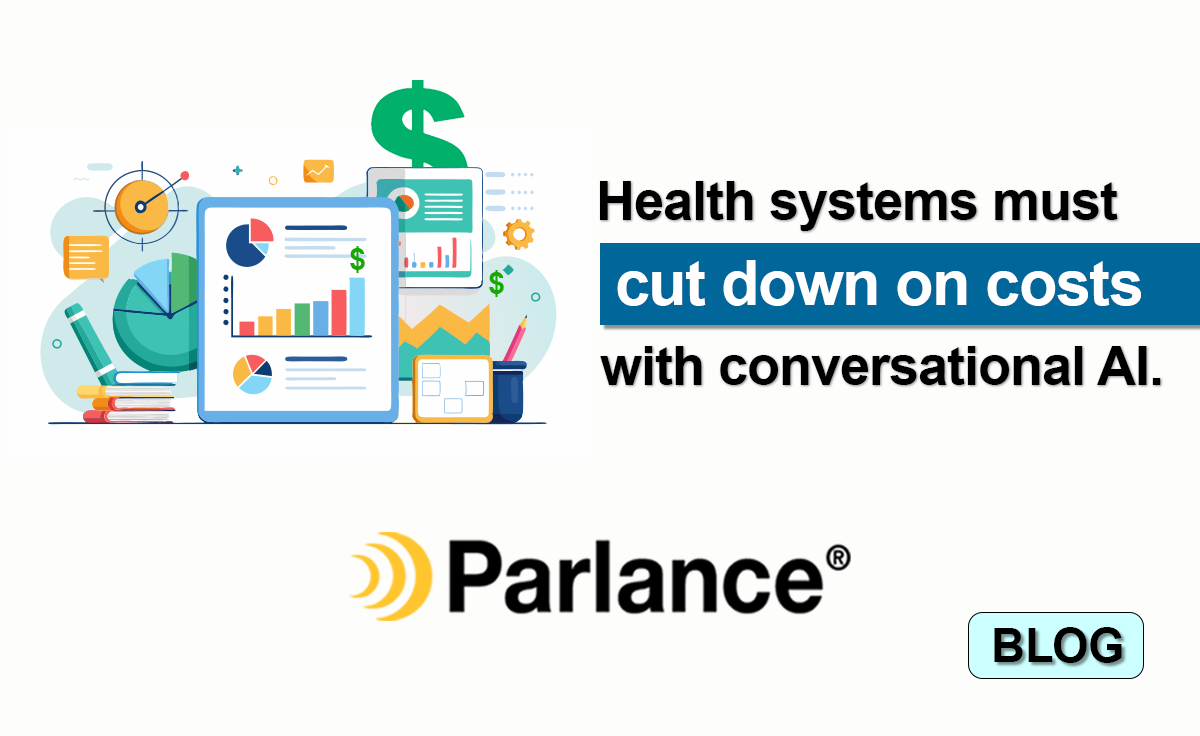
Healthcare CIOs must modernize their hospitals and clinics by adopting a conversational AI solution for the voice channel.
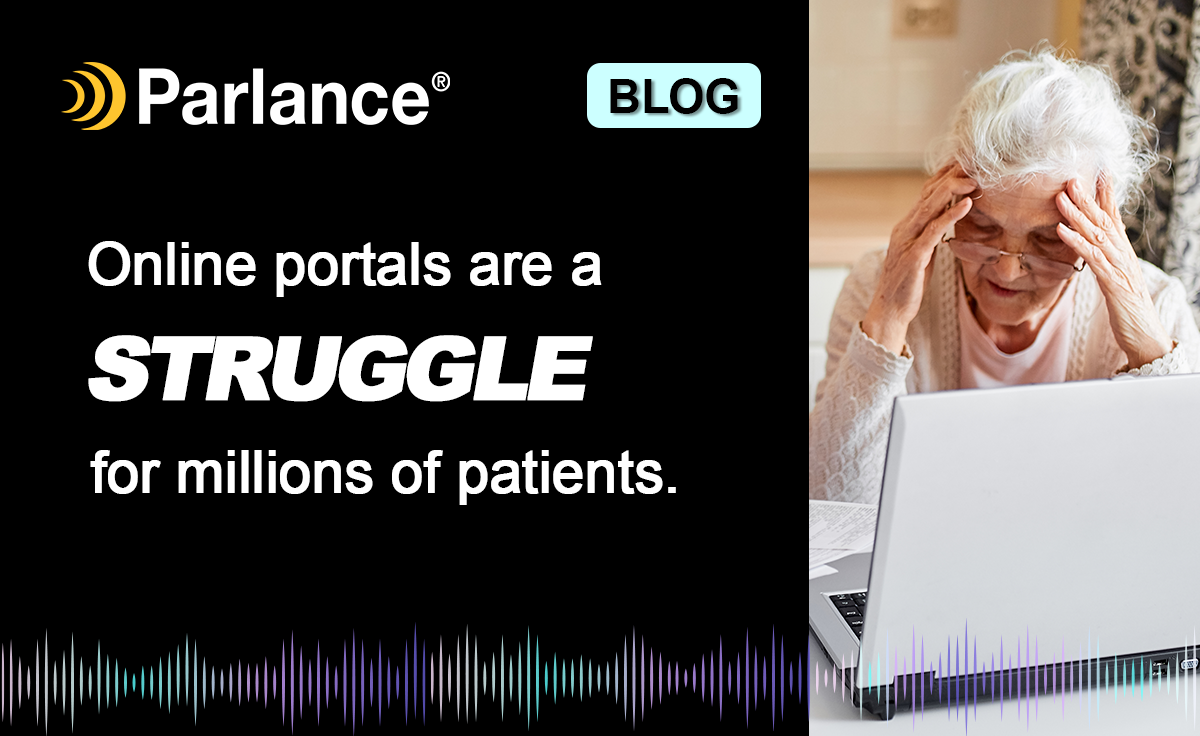
Equity begins at an organization’s digital front door. CIOs must prioritize the ease with which consumers can access their providers.
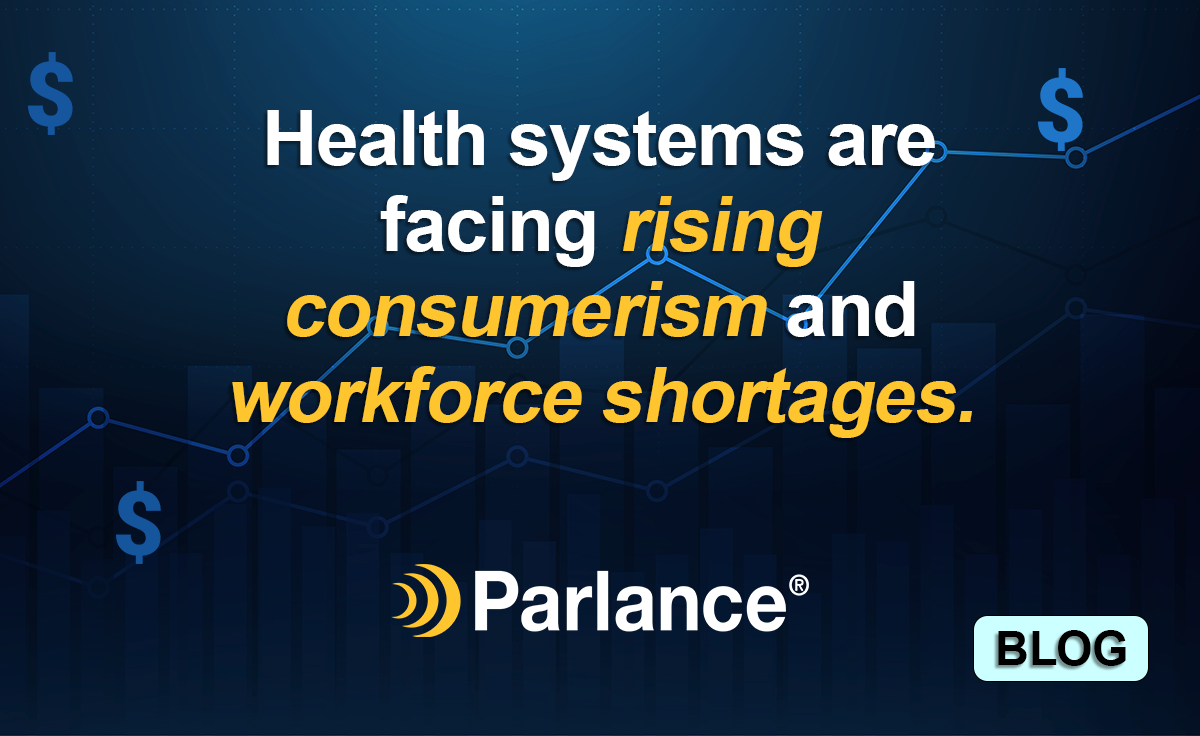
To ensure all patients have easy access to care, health systems must modernize with conversational AI-powered intelligent virtual assistants.

The voice channel has become outdated and inefficient for most hospitals and clinics. Healthcare CIOs must automate phone-based communication.
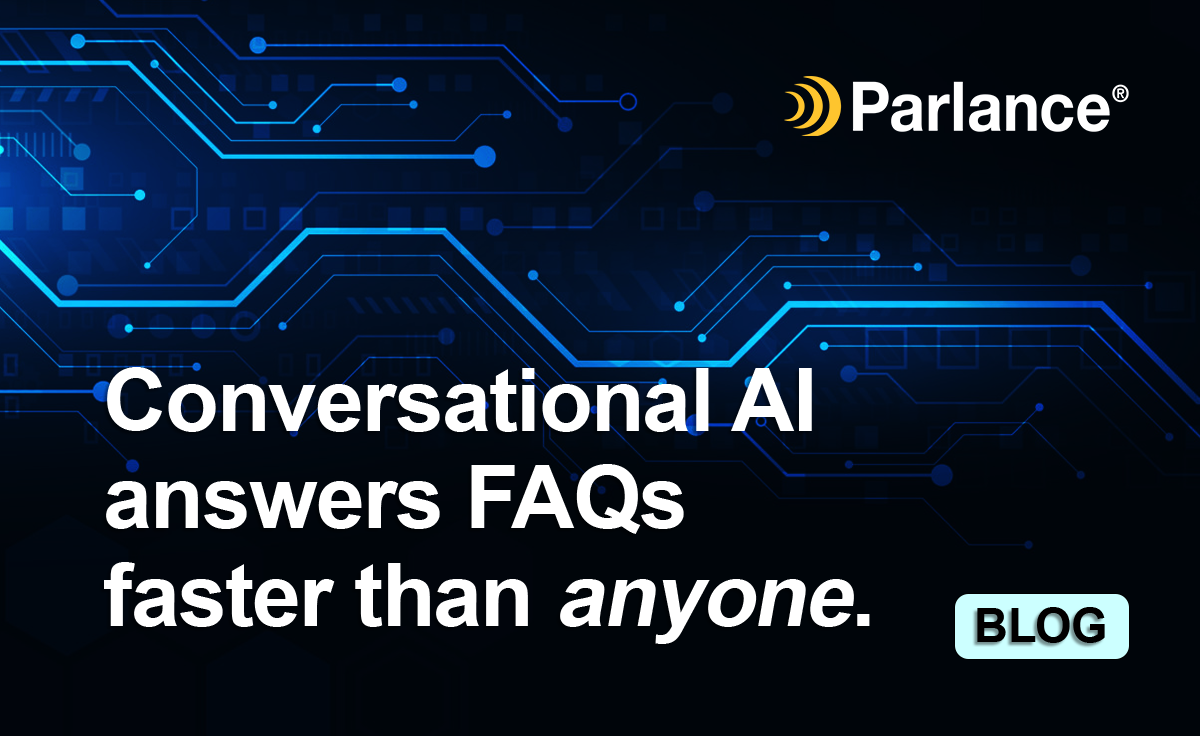
When conversational AI is used for FAQ resolution, hold times are reduced and substantial call volumes are mitigated.

Complex call navigation stands between healthcare consumers and the resources they need. This hurts a healthcare brand’s reputation.

Conversational AI improves patient experience by allowing them to utilize voice-driven self-service and by freeing up staff to provide care.